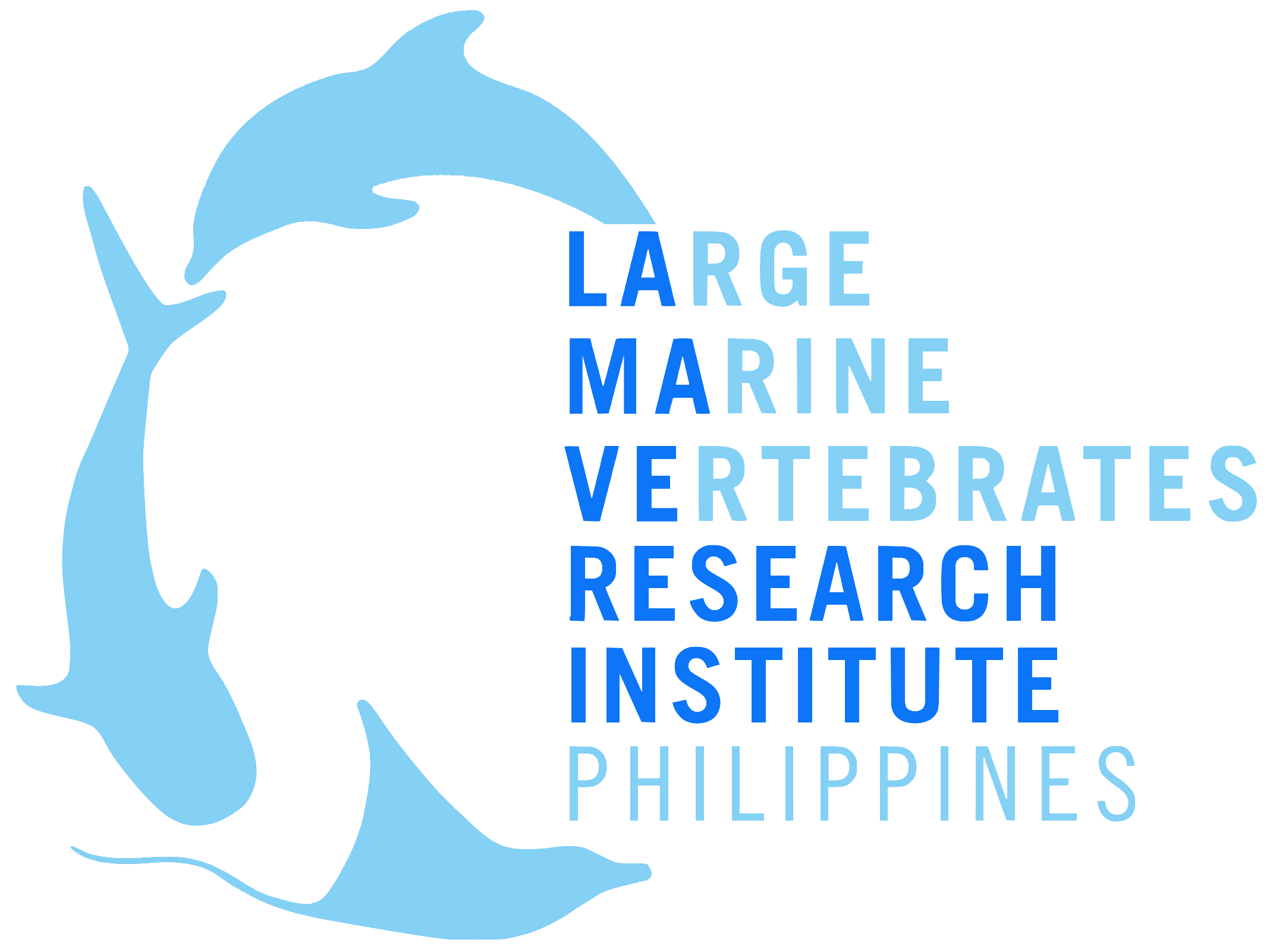Press Release
The Guilty Pleasure of Swimming with Hand-fed Whale Sharks
Scientific study reveals tourist perspectives on the ethics of feeding whale sharks in Oslob, Philippines
Cebu, Philippines, April 10, 2018– A new scientific study published in the journal Tourism Management explores the ethics of feeding whale sharks to enhance tourism in Oslob, Cebu, Philippines.
Initially established in 2011, whale shark tourism in Oslob has quickly grown into one of the most visited wildlife tourism sites in the world, attracting over 250,000 tourists a year. At other seasonal whale shark destinations in the Philippines (e.g. Donsol, Pintuyan, Puerto Princesa) and around the world (e.g. Mexico, Australia), tourism is based around the natural presence of whale sharks. In Oslob, whale sharks are fed—also called provisioning—to attract the world’s largest sharks to shallow waters and facilitate year-round interaction with local and foreign tourists.
From over 1,500 tourist surveys and TripAdvisor comments, researchers found that tourists generally supported feeding whale sharks, despite being aware of the ethical complications of feeding sharks for tourism purposes. Tourists justified their participation using mainly economic, human enjoyment, and animal welfare arguments. Two-thirds of TripAdvisor comments that mentioned ethical issues were classified as “Guilty Pleasure”, whereby the tourists were aware of the moral and ethical issues of feeding an endangered species for tourism purposes, but still chose to do the tour and recommended it to others.
The practice is controversial, as the long-term impacts of feeding whale sharks remain unclear—both to the sharks themselves and to local people who benefit economically and socially from tourism activities. These impacts continue to be investigated in collaboration with local stakeholders and national authorities.
Notes to Editors
Lead author Jackie Ziegler is a PhD candidate in the Marine Protected Areas Research Group at the University of Victoria, Canada. Her main research interests are in the intersection between tourism and biodiversity conservation, with a focus on the marine environment.
The Large Marine Vertebrates Research Institute Philippines (LAMAVE) is the largest independent non- profit non-governmental organization dedicated to the conservation of marine megafauna and their habitats in the Philippines. LAMAVE strives for conservation through scientific research, policy and education.
In addition to the University of Victoria and LAMAVE, authors are affiliated with Vancouver Island University (Canada), Simon Fraser University (Canada), and the Hakai Institute (Canada).
The study is available online and should be cited as follows: Jackie A. Ziegler, Joshua N. Silberg, Gonzalo Araujo, Jessica Labaja, Alessandro Ponzo, Rick Rollins, Philip Dearden. (2018) A guilty pleasure: Tourist perspectives on the ethics of feeding whale sharks in Oslob, Philippines. Tourism Management 68 (2018) 264-274
If you would like more information about this topic, please contact lead author Jackie Zielger at jackie.zielger [at] gmail.com or Sally Snow from LAMAVE at s.snow [at] lamave.org. Photos are available upon request. A copy of the release is available for download here.
Related websites: 1. www.lamave.org, 2. www.uvic.ca, 3. www.viu.ca, 4. www.sfu.ca, 5. www.hakai.org




All LAMAVE team members are safe after #TyphoonOdette (Rai).
The team in Puerto Princesa City Palawan have just received access to communications through SMART (Wed 22 Dec)…